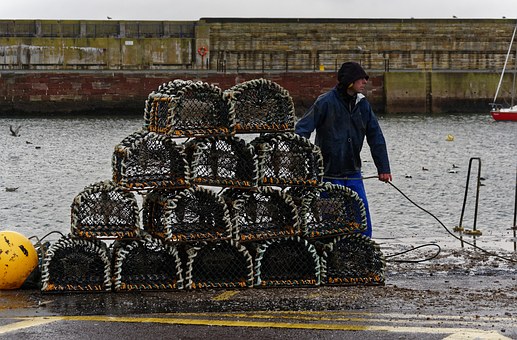Today, Washington State Rep. Brady Walkinshaw (D-Seattle) filed the Certificate of Restoration of Opportunities Act (CROP), a bill developed to remove barriers to occupational licenses for qualified applicants who have a criminal history. Occupational restrictions apply to jobs as diverse as chemical dependency counselor, wreck hauler, commercial fishing, phone solicitor and barber. Overall, there are more than 90 career paths that are closed to someone because of a prior record. Many employers want to hire qualified applicants for these types of jobs, but cannot due to these restrictions.
This legislation is part of a larger national movement to address the skyrocketing costs of high incarceration and recidivism rates in the United States. Washington State’s prison population, like that of the entire nation, has been steadily and dramatically increasing over the past 30 years. Increasingly, lawmakers have recognized that these type of occupational restrictions placed on people with criminal histories do not increase public safety or reduce costs, but serve as a detrimental barrier to employment. Ten states have similar processes to the proposed bill to address barriers to reentry, including North Carolina, Arizona, Ohio, and New York.
Rep. Walkinshaw sees CROP as a step toward “building safer and healthier communities through increased employment opportunities and reduced recidivism.” King County Prosecuting Attorney Dan Satterberg describes CROP as “a receipt that says the person has paid their debt to society and can move forward.”
Under the legislation, a person would apply for this certificate in Superior Court by filing a civil motion showing that a required amount of time had passed, they had no new arrests or convictions, and had met or were meeting the terms of their sentence. The applicant must notify the prosecutor that they are seeking a certificate. If the certificate is signed by the judge, then a licensing body cannot deny someone’s application for an occupational license based on criminal history alone, but the person must be otherwise qualified and suitable for the license. Employers are not required to hire anyone with a CROP, but will be able to hire the qualified applicant of their choice. This law does not apply to sex offenders and there are special requirements and exceptions for those who might work with vulnerable groups. This law would not restore firearms rights or remove the criminal record from public view.
“People make mistakes and people change,” says Melissa Lee, Staff Attorney and Coordinator of the Institutions Project at Columbia Legal Services, an advocate for the bill. “At some point, they should be able to move on with their lives, earn a living, and contribute fully to our society and Washington State’s economy.”
The bill will most likely be scheduled for a hearing the last week in January in the House Public Safety Committee. CROP is supported by a broad coalition of organizations from across Washington State, including Washington Association of Prosecuting Attorneys, Rental Housing Association, Washington Superior Court Judges Association, Partners for Our Children, Greater Seattle Business Association, Union Gospel Mission, and others.

Recent Comments